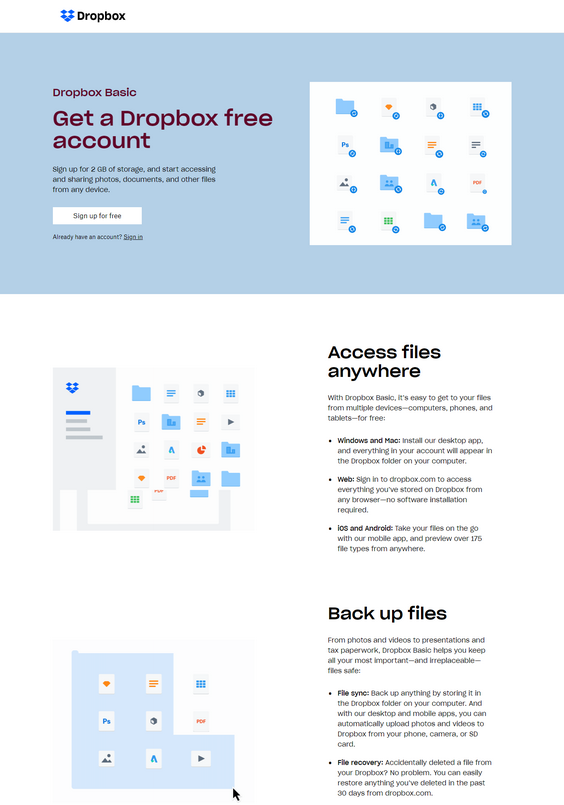

These cloud storage providers offer additional services too, albeit at a price. Many turn to the big storage providers: the household names being primarily Dropbox and Box. Legacy local storage may not be legally viable, therefore, even in the near term. Plus, with a massive increase in data compliance strictures such as GDPR, organisations of any size now may have to provide histories of who accessed what, and when. Sometimes, that’s taken care of centrally, but usually without the type of granular control that many feel necessary. Once an organisation hits a certain size, there’s an imperative to back up data, duplicating important information either onto a different medium (like tape, or removable drives), or somewhere offsite. Therefore, for the rest of us, digital means normal, and as a result, we all tend to accrue a lot of data – text files, PDFs, images, video clips, email archives, shared files the list is endless, and ever-growing. But those are few and far between – and are often mere eccentricities or a generational preference. Sure, there are some that for one reason or another eschew digital in favour of handwritten submissions, notes and paper trails. Today’s organisations are pretty much reliant on digital.


 0 kommentar(er)
0 kommentar(er)
